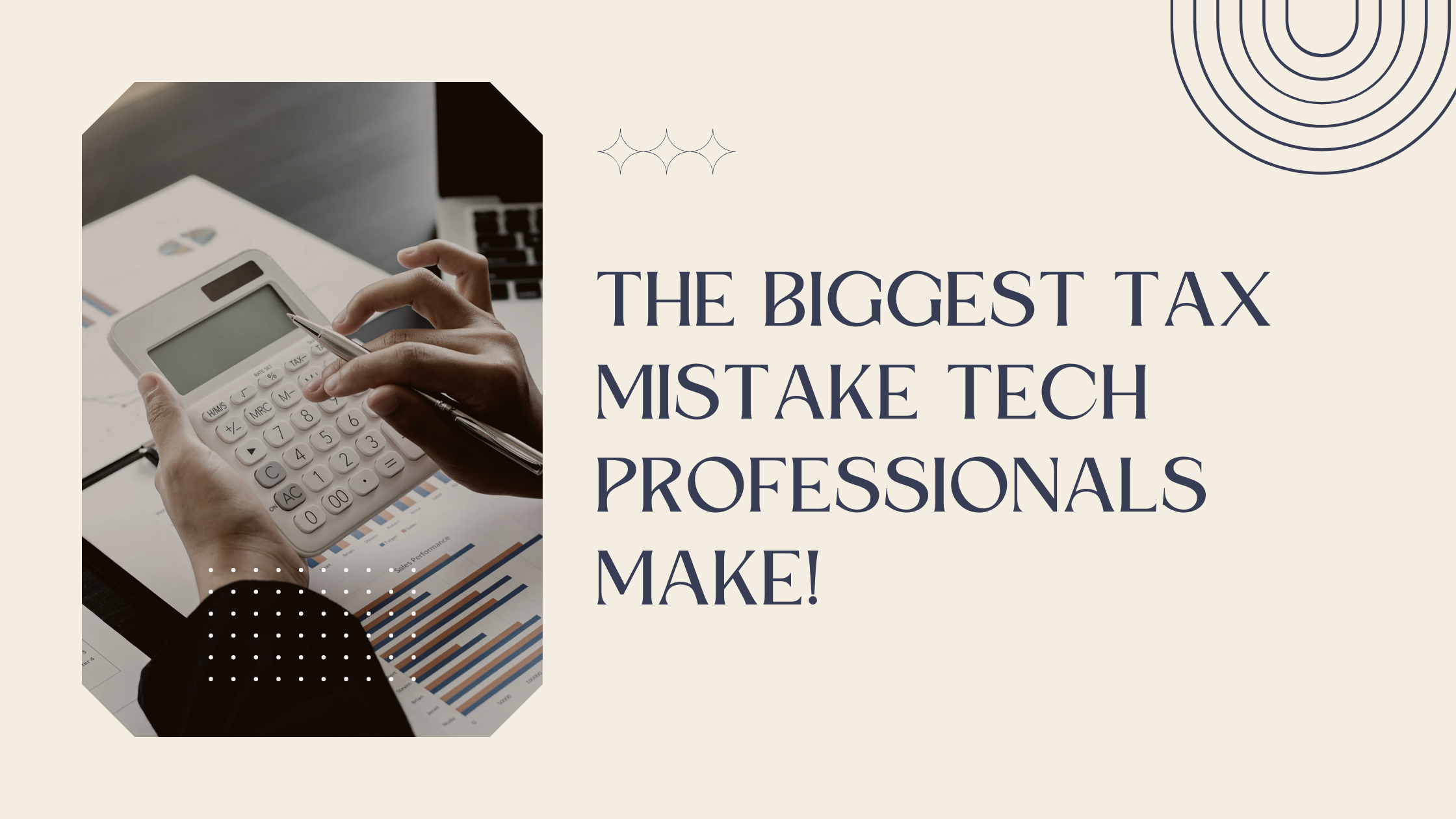Do You Need Estate Planning If You Are Not Married or Don’t Have Kids?
True Root Financial is a financial advisor and financial planner based in San Francisco, CA. We serve clients across the globe.
Sarah, a successful 40-year-old graphic designer has a healthy investment portfolio and enjoys a fulfilling life with her friends and extended family. She was lucky to buy a home in San Francisco in 2008 and her home value has gone up considerably since.
Sarah, who isn’t married and doesn’t have children, assumes that estate planning is something only married couples or parents need to worry about. Without an estate plan, her assets could end up in the wrong hands, and decisions about her healthcare might be made by someone she wouldn’t choose. This blog highlights why estate planning is essential for singles like Sarah.
Key Takeaways
- Essential estate planning documents include a will, trust, Financial Power of Attorney, and Healthcare Directive
- If you have a romantic partner but aren’t married, the court might favor a family member over them
- Single parents need a will to name guardians and should consider trusts for managing their children’s assets
- Without a plan, state laws could distribute your assets, leading to unintended beneficiaries and family disputes.
Why Do We Need Estate Planning?
Estate planning creates a plan to distribute your assets, hard-earned money, and responsibilities after you pass away or become incapacitated. It honors your wishes, protects your assets, and spares your loved ones from legal and financial complications.
For a single person and those without children, estate planning is a way to maintain control over who will make decisions on their behalf, how their assets will be managed, and how their legacy will be preserved. It also provides peace of mind knowing that their affairs are in order.
Do You Need Estate Planning if You’re Single and Don’t Have Any Children?
The answer is Yes. Where do you think your personal property goes after you die? If no family members come forward, your assets will be claimed by the state government. Why let the state take everything you’ve spent your life building?
If you don’t have a financial power of attorney, your loved ones might not have access to your bank accounts to take care of you should you become incapacitated due to an accident or a disease.
Also, estate planning lets you designate someone to make healthcare decisions if you’re incapacitated, using a medical power of attorney. Without this, a judge may choose who makes those decisions, possibly leading to choices against your or your partner’s wishes. If you have a romantic partner but aren’t married, the court might favor a family member over them.
The complexity of your estate plan can vary based on the size and nature of your estate.
Simple Estates
An estate is what you leave behind once you pass away. So, if the assets you leave behind are relatively simple, you have a simple estate. If you are a single individual who owns a primary home, and some bank and investment accounts, your estate planning needs can be straightforward. You could potentially use the following documents to cover your bases:
-
Transfer on Death (TOD):
This allows you to designate beneficiaries who will automatically receive your assets upon your death, bypassing probate.
-
Financial Power of Attorney:
This document appoints someone to manage your financial affairs if you become incapacitated. This way they will have access to your bank accounts to take care of you should you not be able to manage your treatment yourself.
-
Healthcare Directive:
Also known as a living will, this document outlines your healthcare preferences and appoints someone to make medical decisions on your behalf if you are unable to do so.
Larger Estates
If you have a more complex estate with multiple properties, significant investments, a business, or valuable personal possessions, you may need a more comprehensive estate plan. This could include setting up a trust to manage your assets and ensure they are distributed according to your wishes without going through probate.
What is a Trust?
A trust is a fiduciary arrangement that allows a trustee to carry out your wishes long after you are gone. It offers tax benefits and control over how and when beneficiaries access your assets.
If you have a lot of assets and in particular if you might need to pay estate taxes, you might need to construct irrevocable trusts. These trusts are complex and are specialized to meet the needs of the people who create it.
What If You’re Single But Have Children?
If you are single and have minor children, estate planning becomes even more critical. You need to ensure that your children are taken care of both financially and in terms of guardianship.
1.Will
This document is essential to designate a guardian for your minor children. Without a will, the court will decide who takes care of your children, which might not align with your wishes.
2. Trusts
Imagine you pass away, and your 18-year-old child inherits a large sum of money. At that age, they might not be mature enough to manage such a significant amount responsibly. A trust lets you set conditions on when and how they receive their inheritance, ensuring they get support without being overwhelmed.
3. Financial Power of Attorney and Healthcare Directive
These documents ensure that someone you trust can manage your finances and take healthcare decisions if you are unable to do so.
Potential Complications Without Estate Planning
Failing to create an estate plan can lead to several complications:
Court-Appointed Guardians:
If you have minor children and haven’t named a guardian, the court will appoint someone, which might not be in line with your preferences.
Intestate Succession Laws:
If you die without a will, your estate will be considered to be intestate, meaning state laws will distribute your assets. This could result in your assets going to distant relatives or even the state if no relatives are found.
Unintended Beneficiaries:
Without specifying your wishes, individuals you would not have chosen may end up with your assets. This can be even more complicated in the case of second marriages or when a person has kids from a prior marriage.
Family Disputes:
The lack of a clear plan can lead to disagreements among family members, potentially resulting in costly and lengthy legal battles.
Loss of Control:
Without a healthcare directive or financial power of attorney, decisions about your health and finances may be made by someone you did not choose.
Bottom Line
Estate planning is not just for the married or those with children. It’s a crucial step for anyone who wants to ensure their wishes are honored and their assets are protected. Whether your estate is simple or complex, having a plan in place provides peace of mind and prevents potential complications.
Steps To Start Estate Planning For Those That Are Single And Do Not Have Children
Step 1: Inventory Your Assets
List all your assets, including bank accounts, investments, real estate, personal possessions, and digital assets.
Step 2: Choose Trusted Individuals
Decide who will be your executor, health care proxy, and financial power of attorney. These should be people you trust to make decisions in your best interest.
Step 3: Review Essential Documents
- Will: Even if your estate is simple, a will is essential to outline your wishes.
- Financial Power of Attorney: Appoint someone to manage your financial matters if you become incapacitated.
- Healthcare Directive: Specify your healthcare preferences and appoint someone to make medical decisions on your behalf.
- Consider a Trust: If your estate is complex, consult with an estate planning attorney to determine if a trust is appropriate for your situation.
- Review and Update Regularly: Life circumstances change, and so should your estate plan. Regularly review and update your documents to reflect any changes in your assets, relationships, or wishes.
- Consult Professionals: Seek advice from an estate planning attorney and financial advisor to ensure your plan is comprehensive and legally sound.
Next Step
An estate plan is a crucial part of your financial plan. Start your financial planning today with True root Financial to secure your legacy and protect your future. Book a call below:









Leave a Reply
Want to join the discussion?Feel free to contribute!